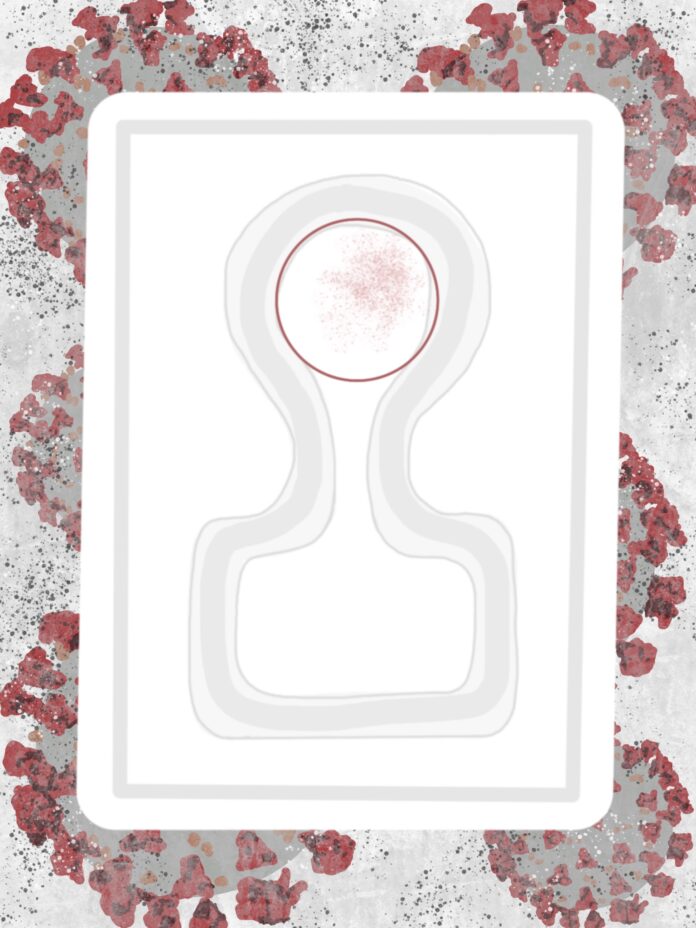Researchers at the University of Waterloo are in the process of creating an at-home saliva-based COVID-19 test expected to deliver a positive or negative result in less than 20 minutes.
Throughout the pandemic, the public has faced delays in receiving test results, with most taking between two and three days to come back. “This test will provide an immediate positive or negative so that folks who are infected can isolate immediately,” said Sushanta Mitra, a professor of mechanical and mechatronics engineering and co-lead researcher on the project.
Mitra is the executive director of the Waterloo Institute for Nanotechnology and has led a number of pan-Canadian and global initiatives like Bioconversion of Coal within Nano-Bio-Energy Network. He has also actively contributed to the community and technical societies such as being the past President for Canadian Society for Mechanical Engineering (CSME) and Chair of Technical Committee for American Society of Mechanical Engineers (ASME).
The Waterloo Institute for Nanotechnology at UW is working in partnership with ChitoLytic Inc. and Mitacs to bring the project to life. The test is made of a strip of paper coated with chitosan and nanoparticles, which will detect the presence of COVID-19 and turn red if the test is positive.
“ChitoLytic produces a compound called chitosan, a polysaccharide made from shrimp cells,” Mitra said. Given that the test is made of paper and this naturally occurring sugar, the test is extremely inexpensive, mass-deployable and environmentally friendly, according to Mitra.
Aside from the sustainability of the test, the technology differs from current rapid tests because it can be administered anywhere and will allow for frequent test-taking if needed, which will ultimately help to monitor infections. According to the research team, it is also a more pleasant option for individuals who have to be tested often as a nasal swab test is more invasive.
“As we move into the post-COVID era of vaccinations and contact tracing, we can target hotspots and have public health measures activated quickly if there is an outbreak,” Mitra said. “This kind of rapid testing will be a vital tool in terms of a safe re-opening of the economy.”
The research team is working toward making these rapid testing kits available over-the-counter in pharmacies as soon as possible, targeting first-stage testing within the next six months.































